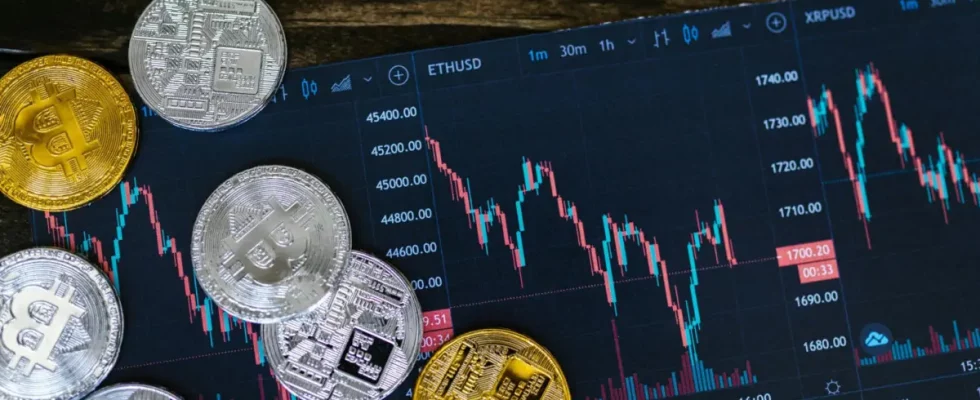Solana users encountered a surprising development on Friday; Jito Labs, the developer behind a popular alternative client for blockchain, has suddenly suspended its memory pool functionality. The move follows a period of infighting within Jito over the controversial practice of “sandwich attacks” facilitated by its memory pool (mempool).
What is Mempool and why is it important?
Short for memory pool, mempool acts as a holding area for transactions before they are verified and added to the blockchain. In the Solana example, the blockchain itself does not have a local memory pool. However, Jito’s client implemented its own method of organizing processes, essentially creating a virtual memory pool.
This is where things get complicated: “sandwich attacks” take advantage of the existence of a memory pool. These attacks involve bots monitoring incoming transactions and inserting their own transactions before and after the original transaction. This allows bots to manipulate the market price and make profits from unsuspecting investors.
Jito’s stance on sandwich attacks
Jito Labs’ decision to disable memory pooling marks a significant change in its approach to these exploitative applications. Just two weeks ago, the company rescinded its “frontrunning” ban, a precursor to sandwich attacks, acknowledging that it was difficult to enforce. This back-and-forth highlights the challenges Jito faces in balancing user protection with the potential benefits of MEV (Miner Extractable Value) – the economic opportunities that come from influencing transaction ordering.
Despite the memory pool’s role in facilitating sandwich attacks, it also played a role in Jito’s financial success. Latest reports show that Jito’s tip income on Solana has reached a new high of SOL 9.32 thousand, which translates to approximately $1.2 million. This economic incentive likely contributed to Jito’s initial hesitancy to shut down the memory pool.
Effect for Solana
But Jito Labs ultimately prioritized user protection. In a statement following the decision, the company acknowledged its efforts to mitigate negative MEV impacts. These efforts included collaboration with other protocols and advising applications on better user interfaces and pricing mechanisms. Ultimately, Jito concluded that engineering solutions to prevent sandwich attacks were useless and opted for a more drastic measure.

Despite the memory pool suspension, Jito Labs remains committed to the Solana ecosystem. The company emphasizes its commitment to creating additional revenue streams for validators and stakers as it strives to make Solana the best possible environment for all users. This includes the continued development of the Jito Network, a separate initiative aimed at achieving these goals.
Solana price is rising
While user protection comes to the fore with Jito’s decision, it should not be forgotten that Solana is also experiencing a strong upward trend. The token price continues to climb, with a 24-hour increase of over 2%, a weekly increase of 13%, and a monthly increase of over 44%. This market momentum underscores the overall health and potential of the Solana ecosystem despite MEV-related challenges.

Jito Labs’ move to disable the memory pool means a critical turning point for Solana. This demonstrates the platform’s ongoing efforts to address user concerns while navigating the complexities of MEV. As Jito explores alternative solutions and Solana continues its upward journey, the coming months will be crucial to determine the long-term impact of this decision on the user experience and overall success of blockchain.
To be informed about the latest developments, follow us Twitter’in, Facebookin and InstagramFollow on . Telegram And YouTube Join our channel.
